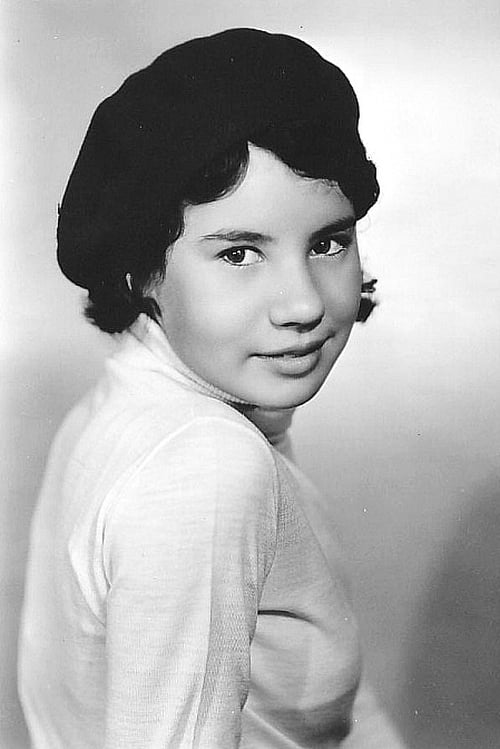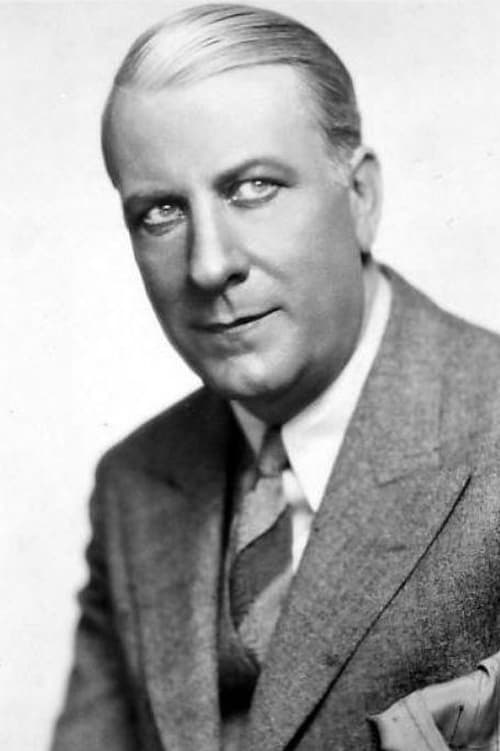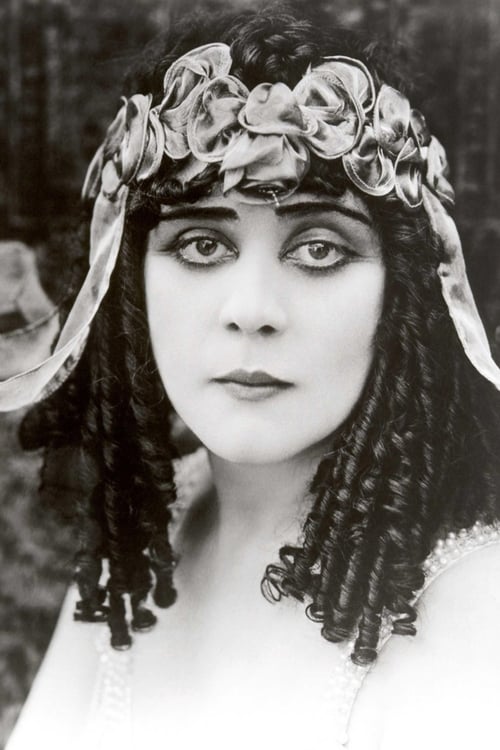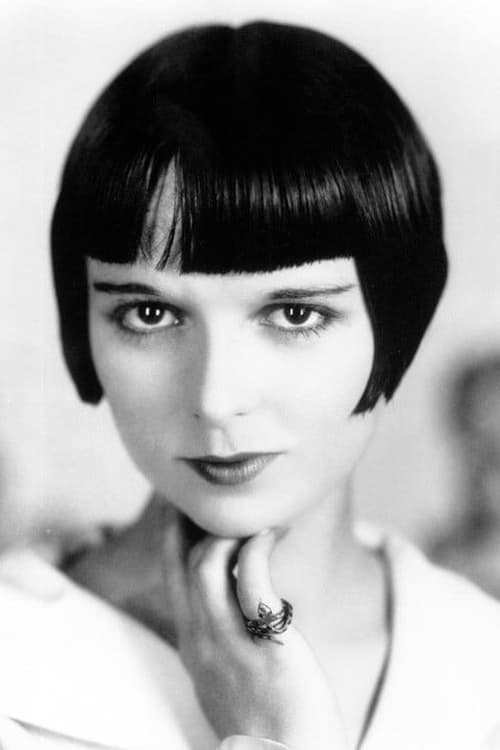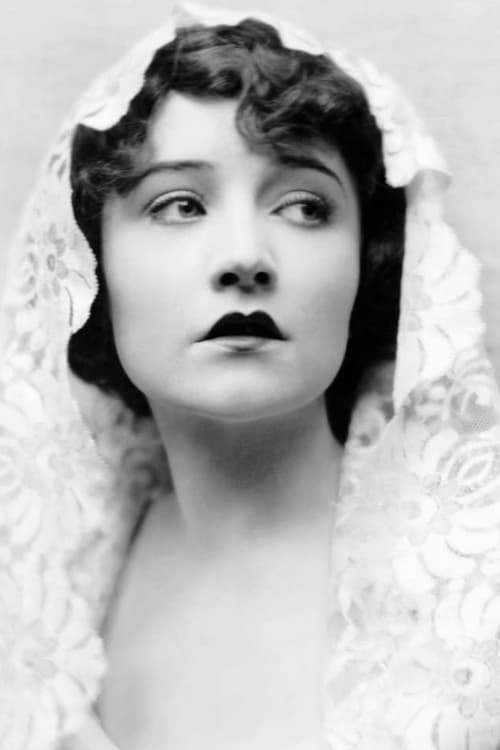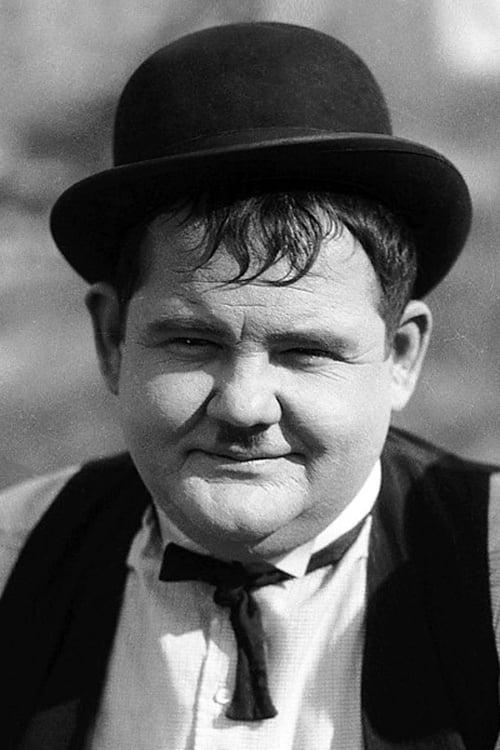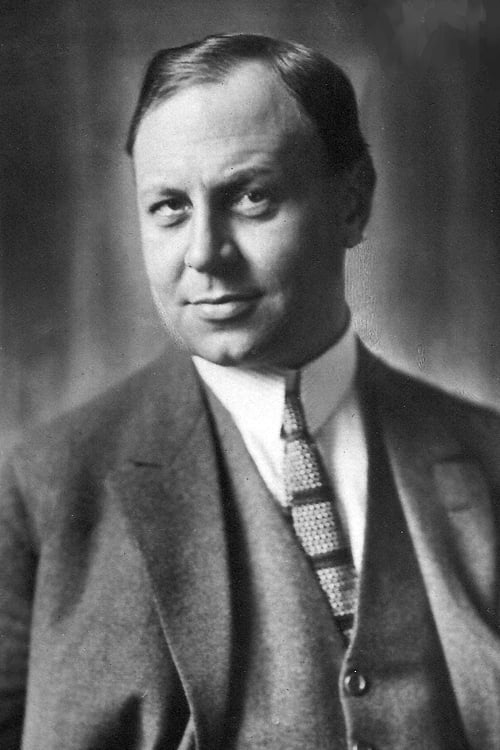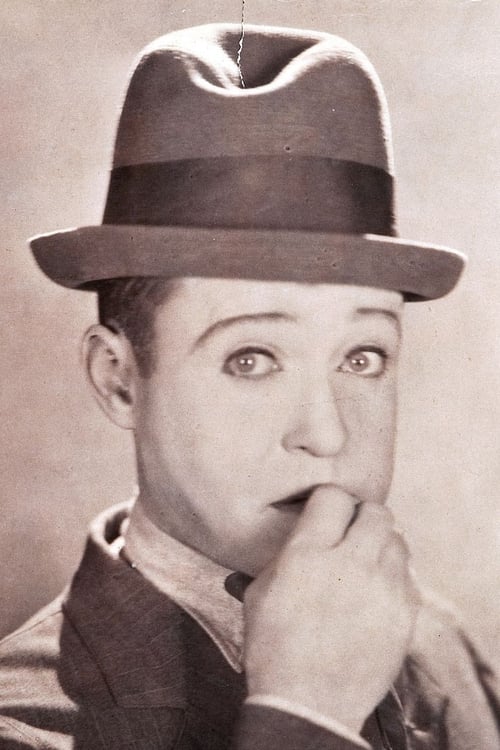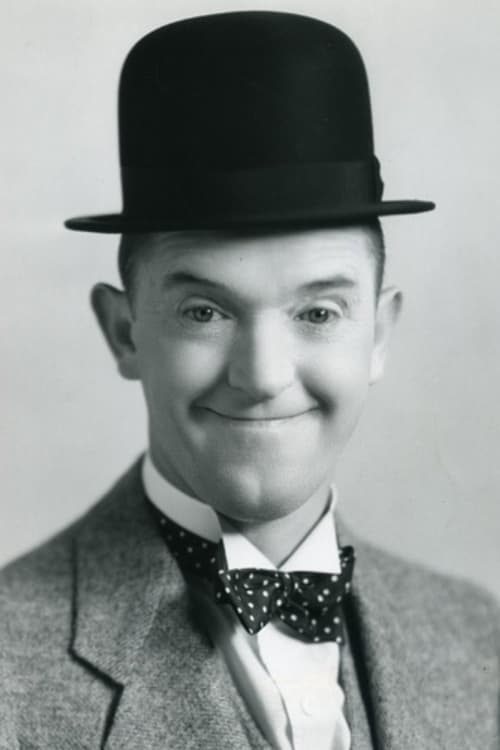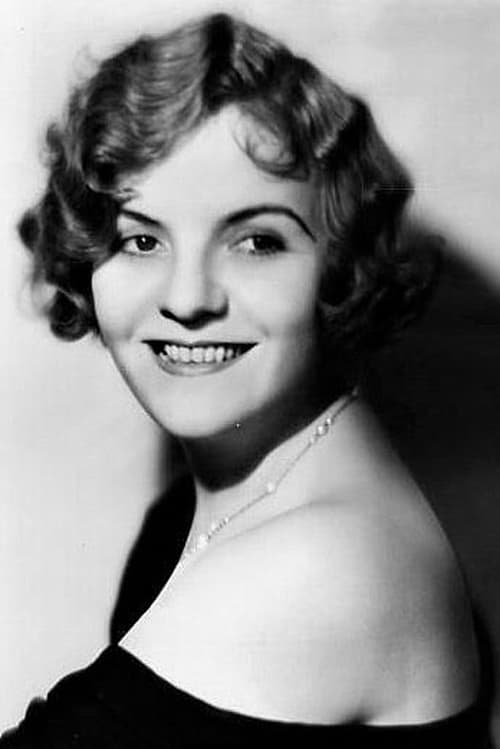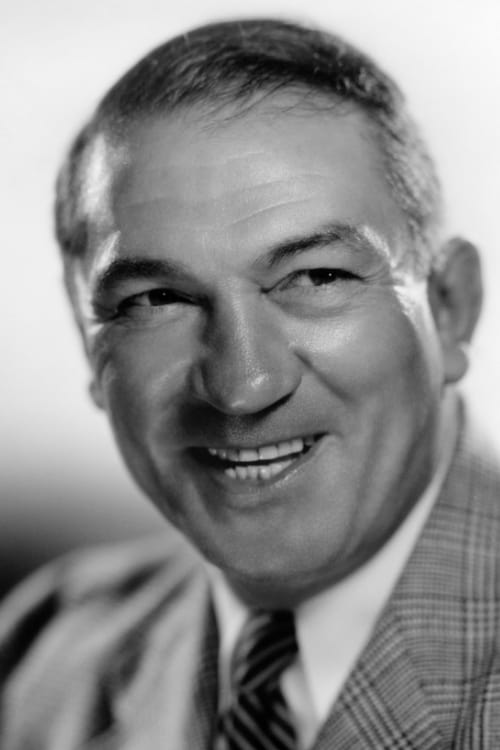
Fragments: Surviving Pieces of Lost Films (2011)
Género : Documental, Película de TV
Tiempo de ejecución : 1H 50M
Sinopsis
Among the pieces featured in Fragments are the final reel of John Ford's The Village Blacksmith (1922) and a glimpse at Emil Jannings in The Way of All Flesh (1927), the only Oscar®-winning performance in a lost film. Fragments also features clips from such lost films as Cleopatra (1917), starring Theda Bara; The Miracle Man (1919), with Lon Chaney; He Comes Up Smiling (1918), starring Douglas Fairbanks; an early lost sound film, Gold Diggers of Broadway (1929), filmed in early Technicolor, and the only color footage of silent star Clara Bow, Red Hair (1928). The program is rounded out with interviews of film preservationists involved in identifying and restoring these films. Also featured is a new interview with Diana Serra Cary, best known as "Baby Peggy", one of the major American child stars of the silent era, who discusses one of the featured fragments, Darling of New York (1923).

Una investigación sobre cómo las legendarias historias de Hollywood han influido profundamente en cómo se sienten los estadounidenses sobre las personas transgénero y cómo se les ha enseñado a las personas transgénero a sentirse sobre sí mismas.

Una hilarante introducción, usando como ejemplo algunas de las mejores películas jamás realizadas, a algunas de las ideas más apasionantes del filósofo y psicoanalista esloveno Slavoj Žižek sobre la subjetividad personal, la fantasía y la realidad, el deseo y la sexualidad.
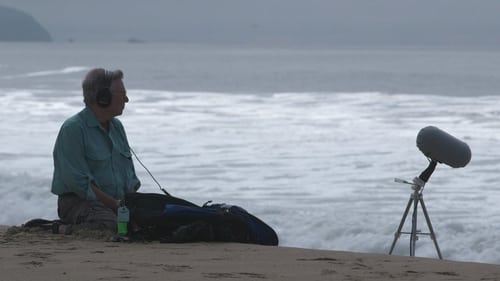
Directores como George Lucas o Steven Spielberg coinciden en que el sonido es el cincuenta por ciento de una película: son los oídos los que guían a los ojos para entrar de lleno en la historia. 'La magia del sonido en el cine' es un homenaje a los ingenieros de sonido, a los editores y a los magos del cine, a esos creadores del secreto mejor guardado para el espectador.

¿Qué tienen en común películas como Casablanca, El Padrino y West Side Story? Además de su popularidad, han sido consideradas “significativas desde un punto de vista cultural, histórico o estético” por la Biblioteca del Congreso de los Estados Unidos y catalogadas en el Registro Nacional de Cinematografía, un listado de los tesoros del cine norteamericano que refleja la diversidad de las películas, y por lo tanto de la misma experiencia de Norteamérica. Cada año se añaden 25 películas al Registro. La lista actual de 525 películas incluye títulos de todas las categorías: documentales, clásicos de Hollywood, cine de vanguardia, cortos y cine mudo. El documental These Amazing Shadows es un detallado dossier de la rica y extensa filmografía estadounidense, no sólo desde un punto de vista cinéfilo, sino también cultural y humano.
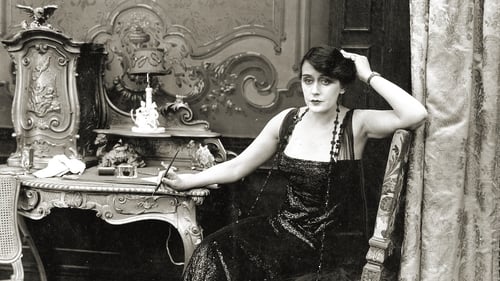
Cuando Alice Guy completa su primera película en París en 1896, no solo fue la primera mujer cineasta, sino una de las primeras en hacer una película de ficción "El hada de las coles".
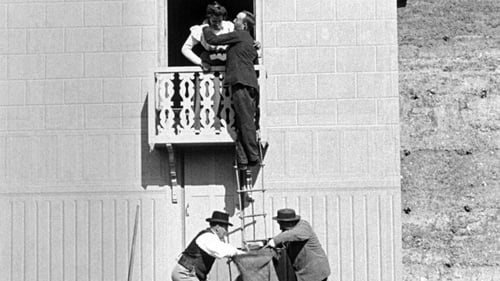
Una colección de grabaciones restauradas de los hermanos Lumière.
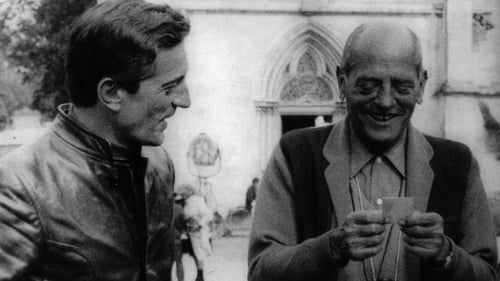
Surrealist master Luis Buñuel is a towering figure in the world of cinema history, directing such groundbreaking works as Un Chien Andalou, Exterminating Angels, and That Obscure Object of Desire, yet his personal life was clouded in myth and paradox. Though sexually diffident, he frequently worked in the erotic drama genre; though personally quite conservative, his films are florid, flamboyant, and utterly bizarre.

In this filmed version of cult film director John Waters' popular one-man show, the Pink Flamingos and A Dirty Shame director takes the stage to discuss everything from his early influences, fondest career memories, and notorious struggles against the MPAA rating system. Part endearing memoir and part hilarious lecture, This Filthy World touches on everything from the insanity of contemporary pop culture to the director's unforgettable early collaborations with inimitable Pink Flamingos star Divine.
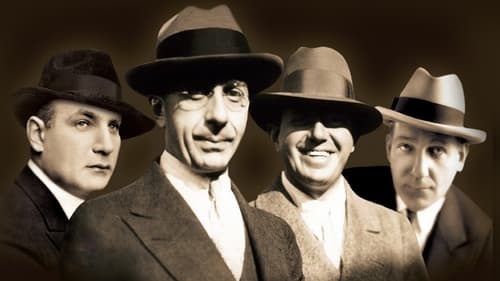
Documental sobre los fundadores de la Warner Bros.
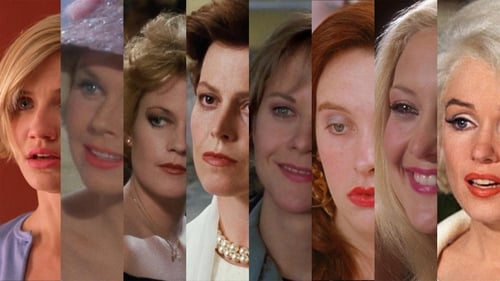
This documentary goes beneath the surface of our favorite films, seeking to better understand the way we view love, relationships, and romance. From clumsy meet cutes to rain-soaked declarations of love, these films reflect our experiences but are often just as problematic as they are comforting. Helped by a chorus of critics, actors, and filmmakers, and original songs by her band Summer Camp, director Elizabeth Sankey embarks on a journey of investigation and self-discovery.

Documental que muestra cómo se realizó "Lo que el viento se llevó" desde que David O. Selznick compró los derechos de la novela.

Jack L. Warner, Harry Warner, Albert Warner and Sam Warner were siblings who were born in Poland and emigrated to Canada near the turn of the century. In 1903, the brothers entered the budding motion picture business. In time, the Warner Brothers moved into film production and would open their own studio in 1923.
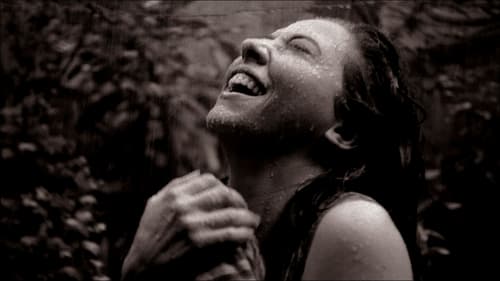
Una profunda investigación, a modo de ensayo poético, sobre uno de los principales movimientos cinematográficos latinoamericanos, analizado a través del pensamiento de sus principales autores, que inventaron, a principios de los años sesenta, una nueva forma de hacer cine en Brasil, con una actitud política, siempre cercana a los problemas de la gente, que combinaba arte y revolución.
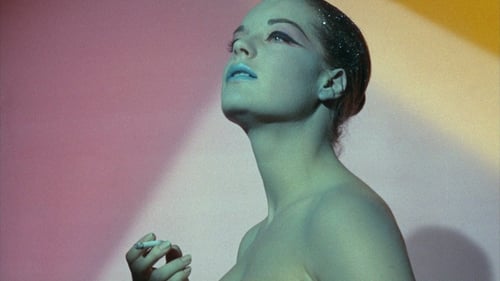
Documental sobre la vida y obra de Henri-George Clouzot. "L'enfer" (1964) es el título de la película que el director galo no pudo acabar: en primer lugar, el protagonista, Serge Reggiani, enfermó, y fue sustituido por Jean-Louis Trintignant; después, Clouzot sufrió un ataque al corazón que impidió que el proyecto siguiera adelante. En 1992 la viuda de Clouzot vendió el guión a Claude Chabrol, que hizo la película "El infierno" (L'enfer, 1994).
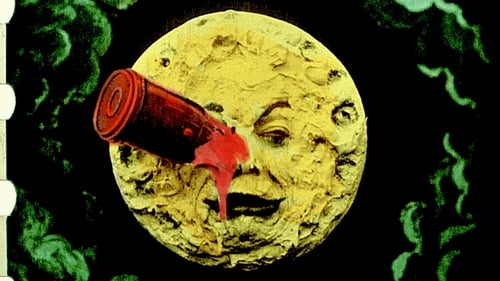
Un repaso a la extraordinaria vida del pionero del cine Georges Méliès (1861-1938) y la sorprendente historia de la copia en color de su obra maestra «Viaje a la Luna» (1902), inesperadamente encontrada en España y restaurada gracias a los heroicos esfuerzos de un grupo de verdaderos amantes del cine.

Among the pieces featured in Fragments are the final reel of John Ford's The Village Blacksmith (1922) and a glimpse at Emil Jannings in The Way of All Flesh (1927), the only Oscar®-winning performance in a lost film. Fragments also features clips from such lost films as Cleopatra (1917), starring Theda Bara; The Miracle Man (1919), with Lon Chaney; He Comes Up Smiling (1918), starring Douglas Fairbanks; an early lost sound film, Gold Diggers of Broadway (1929), filmed in early Technicolor, and the only color footage of silent star Clara Bow, Red Hair (1928). The program is rounded out with interviews of film preservationists involved in identifying and restoring these films. Also featured is a new interview with Diana Serra Cary, best known as "Baby Peggy", one of the major American child stars of the silent era, who discusses one of the featured fragments, Darling of New York (1923).

For just forty days, filmmaker and writer Mark Cousins embarks on a peculiar journey in order to explore topics as the passion for cinema and certain aspects related to making films as style, ideas, emotions and practicalities; an ambitious exploration of the universal language of cinema by analyzing pieces of work that cross every artistic and cultural boundaries.

Long treated with indifference by critics and historians, British silent cinema has only recently undergone the reevaluation it has long deserved, revealing it to be far richer than previously acknowledged. This documentary, featuring clips from a remarkable range of films, celebrates the early years of British filmmaking and spans from such pioneers as George Albert Smith and Cecil Hepworth to such later figures as Anthony Asquith, Maurice Elvey and, of course, Alfred Hitchcock.
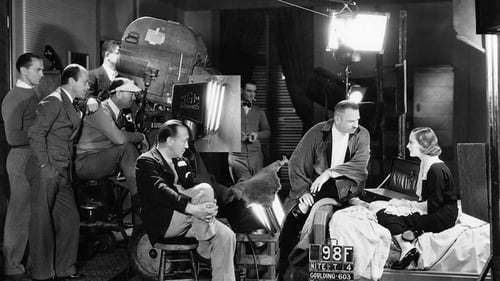
Cameramen and women discuss the craft and art of cinematography and of the "DP" (the director of photography), illustrating their points with clips from 100 films, from Birth of a Nation to Do the Right Thing. Themes: the DP tells people where to look; changes in movies (the arrival of sound, color, and wide screens) required creative responses from DPs; and, these artisans constantly invent new equipment and try new things, with wonderful results. The narration takes us through the identifiable studio styles of the 30s, the emergence of noir, the New York look, and the impact of Europeans. Citizen Kane, The Conformist, and Gordon Willis get special attention.

